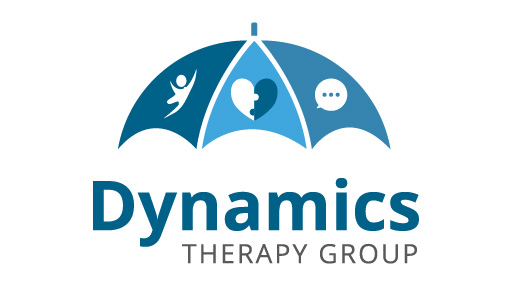
Many parents want to know how Educational Therapy differs from standard tuition. After all, both aim to improve a student’s academic functioning and to help students achieve in school. So what is the difference between the two? Which one should you choose for your child? And why do Educational Therapists generally charge more per hour than tutors?
The following information about ET and educational therapists may be useful in answering these questions, and help you decide which is the best choice for your child:
What Educational Therapy can provide:
- One-one sessions (usually of an hour each) once or multiple times per week according to need
- An Individual Education Plan, set out with clear and achievable goals, updated as the goals are met
- Regular assessment and feedback to chart your child’s progress
- Specialised Literacy, Maths and cognitive programs designed to support specific skills
- Liaison with school teachers and Learning Support staff (if applicable)
- Liaison with other therapists involved in your child’s development (Occupational Therapists, Speech Therapists, Counsellors, Behavioural Therapists etc)
It is unlikely that tuition will offer some or all of the above. Tuition may be appropriate for those looking for extra practice in a certain area, or just for help with some of their homework. If your child needs more in-depth support, ET may be the better option.
What Educational Therapists can offer:
- A background in Psychology or Special Educational Needs (often)
- Experience working with children of all ages or grade levels
- Knowledge of both the Singapore and international school syllabuses
- Support for multiple academic subjects and/or cognitive skills
- A creative approach to teaching that engages students
- The ability to explore the underlying causes of a child’s difficulties, and to develop a program which addresses these
- The ability to read and understand reports written by other professionals and to act on any recommendations given
ET is not only for children with a diagnosed learning or developmental difficulty; it can also support children from mainstream schools who need to develop certain skills or competencies. The main difference between ET and tuition can be summarised as follows: ET is more specialised, adaptable, and holistic, and therapists are proficient in supporting children across multiple areas of their learning and development.
Author: Sharlyn Wong, Educational Therapist


